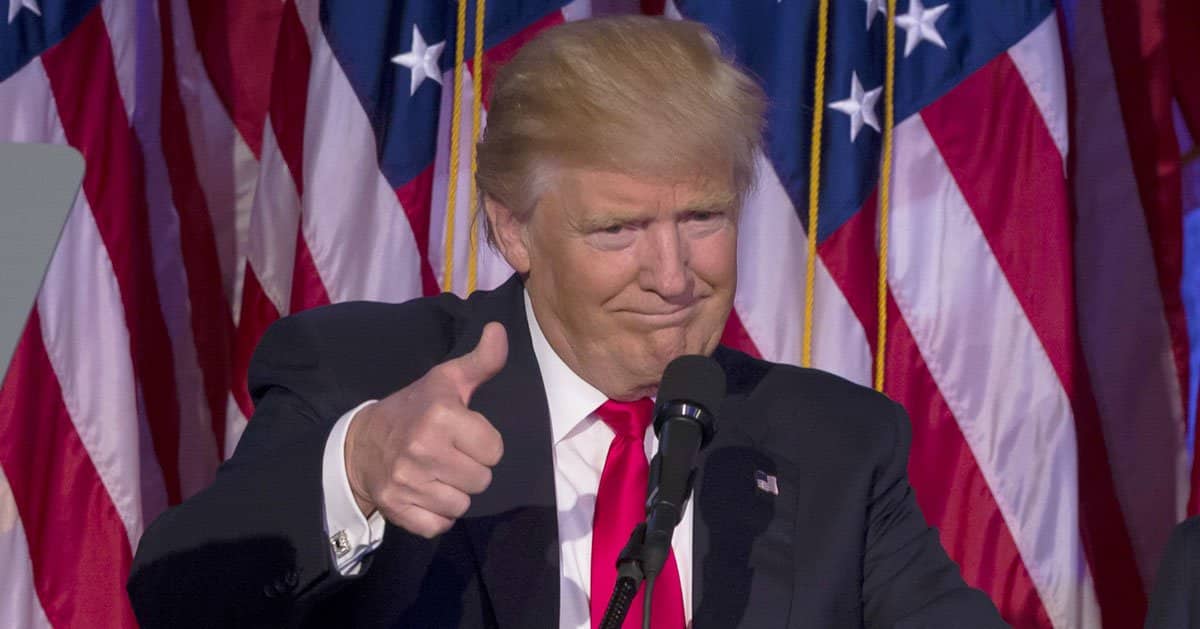








Ahmed Ghanim, a Muslim-American Democrat and former Congressional contender, was reportedly removed from a Kamala Harris rally in Royal Oak, Michigan, sparking controversy among the community.
Breitbart reported that the incident hints at intensifying unease between the Democrats and Muslim Americans, particularly over the Biden administration's approach to the Israel-Hamas dispute.
At the rally, Ghanim shared an account of his experience through a video statement. According to his account, staff members at the event instructed him to leave and threatened him with police involvement if he did not comply.
Ghanim recapitulated, “Hello, everyone, My name is Ahmed A.G. Ghanim, and I am a former Congressional candidate here in Oakland County, this is Royal Oak, Michigan. I live five minutes away from here, I came here to attend the rally for Vice President Harris."
He further explained, “I went through security, they got my name, they got me my seat, then after ten minutes, the staffers for Harris came and kicked me out of the venue and I asked, ‘Why are you kicking me out? I didn’t do anything.’ They didn’t want to provide any reason.”
Ghanim compared the situation to similar events from 2016. During that election cycle, Muslims were forcibly removed from rallies held by former President Donald Trump. “In 2016, as Muslims, we used to get kicked out of Trump rally, now we are kicked out of Harris’s rally." This juxtaposition highlights an unsettling continuity of exclusion experiences faced by Muslims in political settings.
Meanwhile, the Harris campaign expressed remorse over Ghanim's expulsion. Their statement emphasized regret for the action's impact on both Ghanim and the broader community, affirming he remains welcome at future events.
The statement read, "We value our relationship with the Muslim American community and are committed to ensuring all community and political spaces are welcoming and respectful to every American."
The incident occurs amid a notable shift in the Arab-American political landscape. Former President Trump recently garnered increased support from Arab American communities, receiving endorsements from leaders such as Hamtramck Mayor Ameer Ghalib.
Ghalib expressed his support for Trump as the suitable leader in current difficult periods. At the time of the Harris rally, Trump engaged in discussions with Muslim leaders.
Polling data supports these observations, with an Arab News/YouGov survey indicating a narrow gap in support between Trump and Harris among Arab Americans. According to the poll, Trump holds 45 percent versus Harris’s 43 percent. Additionally, respondents expressed a slight preference toward Trump in terms of handling the ongoing Israel-Palestine conflict.
The Harris campaign, while acknowledging the regrettable incident, seems committed to mending relations with the affected communities. Their earlier statement reinforced an ongoing dedication to fostering inclusivity across all political and community forums.
Moving forward, both Democrats and Republicans may need to closely consider the sentiments and expectations of the Arab-American electorate.
As political landscapes shift, both parties stand to benefit from engaging inclusively with diverse community segments, ensuring fair political discourse for all citizens.
Ghanim himself remains at the center of this unfolding dialogue, underscoring broader concerns about political representation and inclusivity in American politics today. The event in Michigan illustrates the complexities intertwined with maintaining political coalitions in a diverse and rapidly evolving national landscape.



